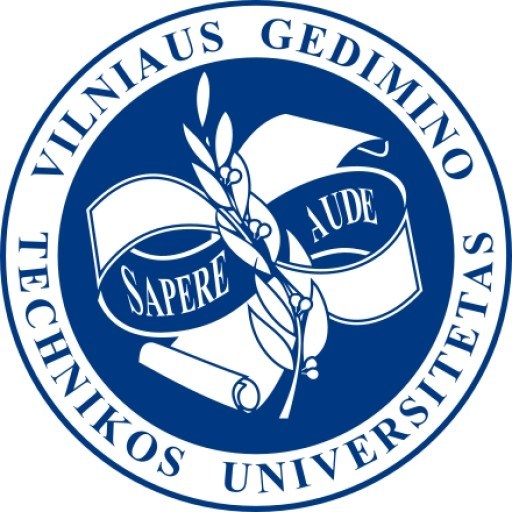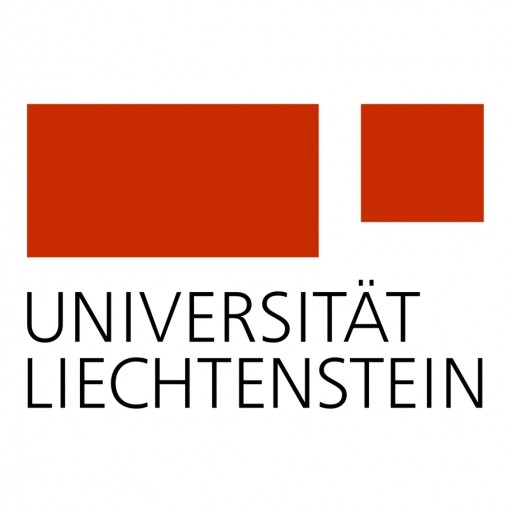Photos of university / #uofcincy
The field of Architecture encompasses both practice and theory as it applies to the design of buildings, landscapes, cities, and other environments. Students enrolled in the Master of Science in Architecture Program at the University of Cincinnati's School of Architecture and Interior Design will study global perspectives on architectural History, Theory, and Criticism (HTC) as these relate to practice. The program provides an in-depth analysis of the key theoretical concepts that underlie architectural practice, encouraging students to put these conceptual frameworks to work to analyze and critically evaluate the built environment from a transnational perspective. The program is dedicated to situating the study of building design in a global context; it incorporates non-Western perspectives and multi-cultural approaches to the analysis of the built environment while examining how the process of globalization influences the practice of architecture and technological development. The program proudly draws on SAID’s world-renowned reputation as a leader in cooperative education and the outstanding scholarship of its faculty who are prolific scholars in the field.
The two year, 48-credit program includes required courses in theory and investigative approaches, plus colloquia and directed electives in a research concentration chosen from five broad areas. All lead the student towards a special thesis topic. This thesis mission emphasizes and encourages the preparation of academic intellectual leaders in the field.
The field of architectural study and practice is exploring ways architects and policy makers can solve the problems of environmental sustainability, historic preservation, high-tech design construction, and economic and community development. Most importantly, it has become increasingly clear that every aspect of architectural study and practice impacts the larger society. The areas of concentration in the Master of Science program address the emerging questions through historical studies and criticism, philosophical inquiries through the critical analysis of built projects, and by means of interdisciplinary studies on the socio-cultural debates and developments in science and technology that address the emerging questions. Thus, the strengths of the program’s areas of research concentration are interdisciplinary study that offers students and faculty the opportunity to investigate in their respective areas of specialization the issues that are within their research portfolios.
Specializations
The program and school faculty support advanced work through the MS Arch program in five broad areas:
- History Theory and Criticism of Architecture and Urbanism: The scholarly study of written and reflective discourse about the nature of architecture and its role in the world, grounded not only the analysis of designed and built environments by architects, but in key philosophical, historical, and cultural concepts as well.
- Master of Community Planning: This is a joint program coordinated with the School of Planning and it includes the application of environmental theories to the questions of the city, city form, and urban life; this is with respect to history, culture, change, media, or other interdisciplinary perspectives. As an interdisciplinary program with the School of Planning, it is also based on the premise that planning is the profession dedicated to the development of new approaches to urban and regional problems and the imaginative and constructive management of change. Planners often work in local governments and communities, but their concerns are issues that affect the world: land use, social policy, historic preservation, transportation, housing, economic development, policy planning, environmental protection, urban design, and international development.
- Interior Design: The application of environmental theories to the specific considerations of interior design, considered historically or in various interdisciplinary contexts, with emphasis on the preparation of interior design educators.
- Digital Technologies and Design Culture: Information visualization technologies have profound impact on design, education, and urban culture. Research in this area encompasses not only computer graphics, but also the theoretical understanding of the influences of digital technologies in the arts, perception, practice, education and the culture in which we live.
- Sustainable Environmental Design: In this track, students explore holistic studies of the physical and the social environments in different societies according to their research interests. Sustainability is studied in its widest scope; it includes perspectives that facilitate quality of life while supporting the living kinds, and maintaining healthy environments for all to thrive. Students in this track have the opportunity to examine socio-political, economic, and technological factors that inform our understanding of the built, natural, and social environments.
Year 1
- ARCH 8091 Research and Inquiry Colloquim
- ARCH 7034 Arch Theory 1: Chronological Review
- ARCH Specialization Elective - 1/4
- ARCH Elective
- ARCH 8092 Open Colloquim
- ARCH 7035 Arch Theory 2: Thematic Review
- ARCH 8012 Research Methods
- ARCH Specialization Elective - 2/4
Year 2
- ARCH 8093 Research and Inquiry Colloquim
- ARCH 8013 Thesis Writing Workshop
- ARCH Specialization Elective - 3/4
- ARCH 7036 Theory Elective
- ARCH 8094 Research and Pedagogy Colloquim
- ARCH 8014 Thesis
- ARCH Specialization Elective - 4/4
- A baccalaureate degree from a recognized college or university.
- Unofficial transcript(s) from all colleges/universities attended. Note: Official transcripts are not required during the admissions process, and only unofficial transcripts are required for the application. Applicants should not send official transcripts until they are offered admission. For complete requirements please visit the Graduate School transcript requirements: http://grad.uc.edu/admissions/policy.html
- A portfolio of architectural design or other creative work is optional. Portfolios must be submitted to: https://app.getacceptd.com/daap the application fee is $30.
- Three letters of recommendation from persons who are in a position to evaluate your abilities and your potential for success as a graduate student. There is no standard form to fill out; instead, based on information you provide in your application recommenders will be emailed instructions on the process for submitting letters of recommendation.
- A brief resume of your academic and professional experiences.
Note: Your resume should indicate both educational and professional accomplishments. - A two-page statement of your interest in graduate study in architecture. This should be a concise, articulate presentation of your academic and career goals, and any specific interests you have in architectural topics for graduate research and design. It should reflect your prior intellectual and professional engagement with these issues, and may also provide some additional perspective on the work illustrated in the portfolio.
- Writing samples (not more than 2) or published work demonstrating the ability to conduct scholarly research and examine theoretical concepts. The essays can expand on the areas of research interest or on any topic.
- Scores from the Graduate Records Examination (GRE) is required. Successful candidates have earned the following average scores: verbal 153 (prior 500); quantitative 151 (prior 650); analytic 4.5. The ETS University code is 1833. You do not need a department code.
- Test of English as a Foreign Language (TOEFL) is required for applicants whose native language is not English. A score of at least 100 iBT (600 paper) is common, although not a strict requirement. We also accept test results from the IELTS with scores of at least 7.
Want to improve your English level for admission?
Prepare for the program requirements with English Online by the British Council.
- ✔️ Flexible study schedule
- ✔️ Experienced teachers
- ✔️ Certificate upon completion
📘 Recommended for students with an IELTS level of 6.0 or below.
Scholarships
- Graduate Assistantships
- Graduate Incentive Award










